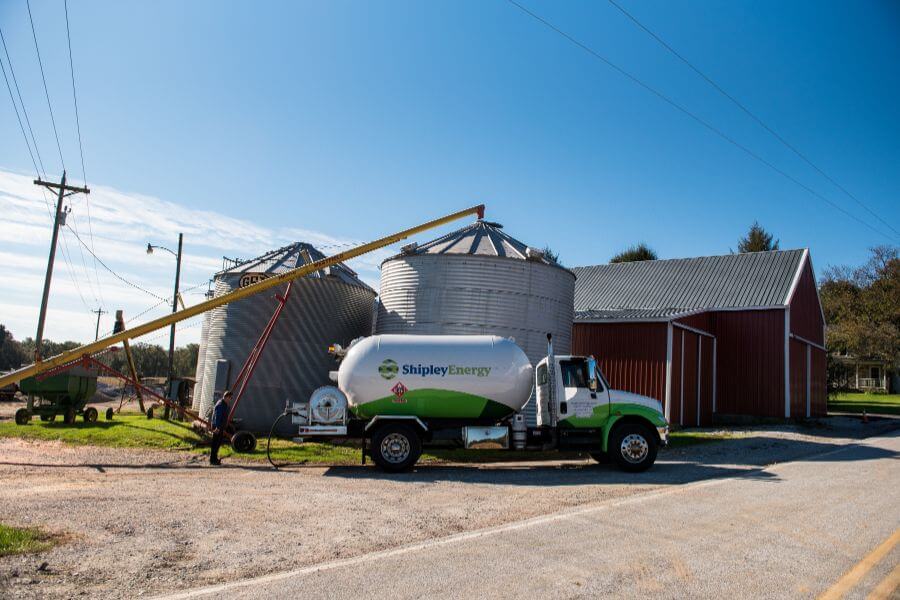
More than 10 million homes and businesses across the United States use propane as a source of heat for homes, manufacturing production, or agricultural use. While most customers may not think twice about where their propane comes from, they may be more inclined to understand the different price options available to them. Fortunately, propane offers multiple price structures to tailor exactly to their business’s needs. Let’s take a closer look at how propane is sourced and priced.
Propane is a byproduct of crude oil refining and natural gas processing, and most of the propane produced in the U.S. is from natural gas. Pennsylvania has one of the largest natural gas plays in the country, allowing for plentiful propane supply. The majority of propane pricing in the US is driven by OPIS in Mont Belvieu, a small city with a big impact on the propane market in Texas. Most wholesalers, resellers, and some customers keep a close eye on what Mont Belvieu is doing to structure their price options.
As with all energy products, propane is tied to the global energy market, though it feels less volatility in comparison to crude oil or natural gas. Some of the factors that go into propane prices are supply and demand, natural gas and crude oil prices, weather, and exports to other countries.
So how do you know what is the best option to choose for your business? It depends on your risk tolerance when you use your propane and what for. To learn more about the different options best for your business, reach out to an energy advisor at Shipley Energy, and they’ll walk through the process of what makes the most sense for your propane needs.
Ready to learn more? Visit Shipley Energy for more information on propane services in your area.